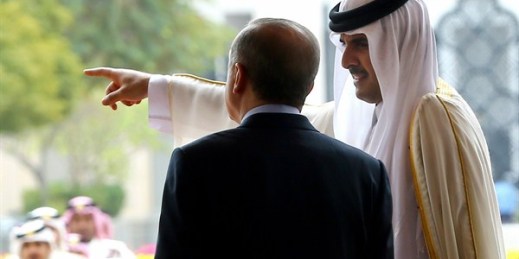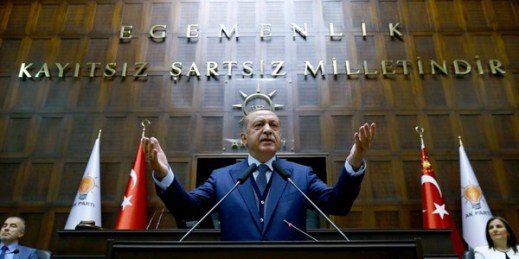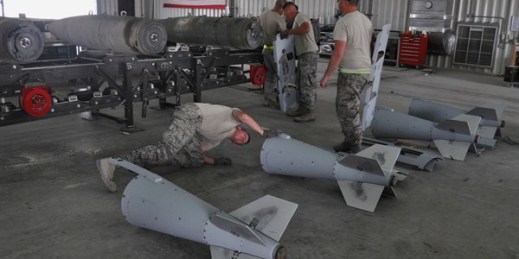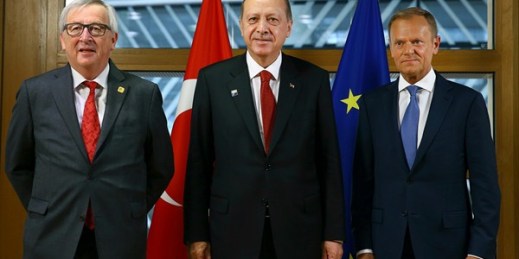
Like the rest of the world, Turkey was blindsided by the sudden decision by Saudi Arabia, Egypt, the United Arab Emirates and Bahrain to cut all diplomatic, trade and transportation ties with Qatar earlier this month. Ankara is now scrambling to respond coherently to this new headache over Qatar, a state with which it has deepened ties in recent years. This is a strategic dilemma of the first degree for Turkey. If Turkish President Recep Tayyip Erdogan fails to stand by the only true Arab ally he has left, he could lose all semblance of influence in the Arab world. […]



